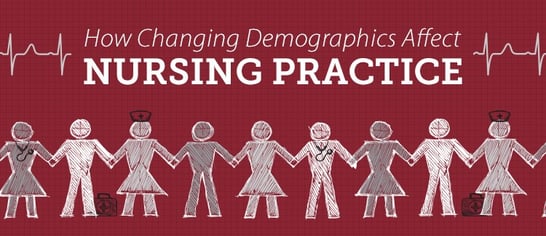 Recent demographic shifts will have major implications for the U.S. healthcare system, both in terms of the delivery of patient care and the practice of nursing. According to experts at Kansas State University, improved public health and clinical care have led to an increase in the average life span, meaning that by the year 2020 more than 20 percent of the population will be age 65 or older. In fact, individuals over the age of 85 make up the fastest-growing group. This will lead to extended treatment of long-term chronic conditions, challenging the healthcare system’s ability to provide efficient care.
Recent demographic shifts will have major implications for the U.S. healthcare system, both in terms of the delivery of patient care and the practice of nursing. According to experts at Kansas State University, improved public health and clinical care have led to an increase in the average life span, meaning that by the year 2020 more than 20 percent of the population will be age 65 or older. In fact, individuals over the age of 85 make up the fastest-growing group. This will lead to extended treatment of long-term chronic conditions, challenging the healthcare system’s ability to provide efficient care.
In addition, the diversity of the general population is a relevant topic on the minds of many nurses. Because multiculturalism affects the nature of illness and disease as well as morbidity and mortality, nurses must learn to adapt their practice to various cultural values and beliefs. Relevant factors include national origin, religious affiliation, language, gender, sexual orientation, age, disability, socioeconomic status and more. Understanding cultural diversity is becoming a daily responsibility for many nurses.
Such changes in the population are significant for nurses. Nursing practice, education and perspectives must adapt and respond to changing demographics because nurses play an increasingly important role in healthcare delivery.
Understanding the Aging Population
As the baby boomer generation ages, the number of older adults in the United States is expected to increase exponentially. Combine this with a longer average life span, and the healthcare system needs to adapt — quickly. To meet the needs of a large aging population, nurses in particular must “identify strategies to allow older adults to live independently for as long as possible; provide health care and education for older adults who are self-managing multiple chronic illnesses; ensure that older adults in long-term care settings receive high-quality care,” says Patricia A. Grady, Ph.D., RN, of the National Institute of Nursing Research.
The National Institute of Health estimates that about 80 percent of people over the age of 65 have at least one chronic illness, such as heart disease, diabetes or arthritis. In addition, the number of older adults with multiple chronic illnesses is substantial. Chronic illnesses are one of the most central issues facing nurses in terms of the aging population because they impact quality of life for patients and garner considerable expenses. Seventy-five percent of healthcare costs in the United States are the result of chronic illness, according to the Centers for Disease Control and Prevention.
Key considerations for elder care delivery include the following, according to Grady:
* Identifying ways to improve healthcare and quality of life for older adults across care settings, from the nursing home to the community
* Interpersonal interactions, either between older adults and family members or nursing staff, or among different levels of staff in a nursing home, which can influence older adults’ quality of life and health-related outcomes
* Nurses as integral members and leaders of interdisciplinary healthcare teams to solve complex health problems and provide for older adults
* Assessing multiple types of intervention, analytical parameters and environmental settings to fully understand the complexity of healthcare issues facing older adults and to produce the most positive health outcomes
In general, nurses will be required to provide care for more adults (and older adults) than ever before — patients who have complex healthcare needs. However, nurses are also in an ideal position to communicate with older adults about self-care strategies to prevent further illness while maintaining their independence, functioning, and mental and physical health. Nurses of all specialties have traditionally been leaders in elder care and will continue to play a critical role in addressing the challenges of geriatric healthcare in coming years.
Diversity and Multiculturalism
Another critical element involved in patient demographic shifts is diversity. In today’s healthcare system, the relationship between culture and health is central to delivering quality patient care. “Of the many factors that are known to determine health beliefs and behaviors, culture is the most influential,” according to the article "Many Faces: Addressing Diversity in Health Care," published in the Online Journal of Issues in Nursing. To meet the needs of culturally diverse patients, nurses and other healthcare providers must become both culturally competent and culturally aware.
The National Student Nurses’ Association encourages nurses to provide customized, culturally specific care that fits with a patient’s values, beliefs, traditions, practices and lifestyle. The association promotes diversity awareness, which is defined as “an active, ongoing conscious process in which we recognize similarities and differences within and between various cultural groups.” Diversity awareness also involves cultural assessment and cultural sharing among healthcare professionals with the overall aim of understanding the complex definition of diversity, as based on the writings of Marianne R. Jeffreys, Ed.D., RN. According to Jeffreys, diversity can be based on:
* Birthplace
* Citizenship status
* Reason for migration
* Migration history
* Religion
* Ethnicity
* Race
* Language
* Kinship and family networks
* Educational background and opportunities
* Employment skills and opportunities
* Lifestyle
* Gender
* Socioeconomic status
* Past discrimination and bias experiences
* Health status and health risk
* Age
Though those are admittedly a lot of factors to keep in mind, ignoring diversity may lead to unequal nursing care and negative patient outcomes. Whether it is physical pain or emotional stress, patients could experience adverse physiological symptoms if their cultural needs are not taken into consideration. Under the Process of Cultural Competence in the Delivery of Healthcare Services Model, nurses are encouraged to use the following mnemonic, ASKED, when caring for any cultural group.
Have I ASKED Myself the Right Questions?
* Awareness: Am I aware of my personal biases and prejudices toward cultural groups different from mine?
* Skill: Do I have the skill to conduct a cultural assessment and perform a culturally based physical assessment in a sensitive manner?
* Knowledge: Do I have knowledge of the patient’s worldview?
* Encounters: How many face-to-face encounters have I had with patients from diverse cultural backgrounds?
* Desire: What is my genuine desire to “want to be” culturally competent?
Looking Ahead: Nursing Education at Campbellsville University
Providing high-quality nursing care to an aging, diverse population is no small task, but it is one of the most important responsibilities of nurses today. In a constantly changing society, nurses will continue to practice using traditional methods such as preventive care and holistic wellness; however, they will also be called on to provide leadership in navigating shifts in patient demographics. A wide variety of skills are required to manage the complex needs of different patient populations. The future of the healthcare delivery system relies on the ability of nurses to refine their practice and expand their core knowledge to address the challenges associated with caring for older adults and diverse cultures.
You can gain the advanced skills you need with the online RN to BSN degree from Campbellsville University. With an experienced faculty providing real-world knowledge and understanding of nursing, Campbellsville’s program is the ideal opportunity to advance your nursing career.
Is Diversity & Inclusion important in your workplace or health system? Use this Free Cultural Check list to find out. 


 Versailles, Ky. – On June 8-9, 2023, Frontier Nursing University (FNU) will hold its
Versailles, Ky. – On June 8-9, 2023, Frontier Nursing University (FNU) will hold its 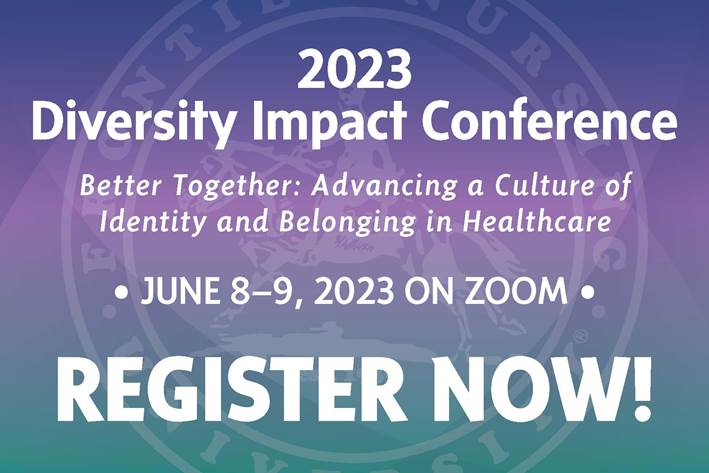

 Diversity, Equity, and Inclusion (DEI) in the workplace is beneficial for employers, staff, and patients. More hospitals and health systems are recognizing the importance and are rolling out new DEI programs.
Diversity, Equity, and Inclusion (DEI) in the workplace is beneficial for employers, staff, and patients. More hospitals and health systems are recognizing the importance and are rolling out new DEI programs. 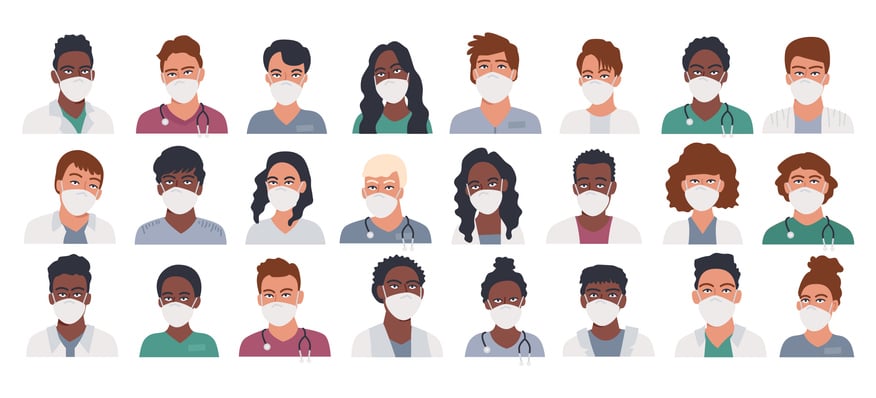

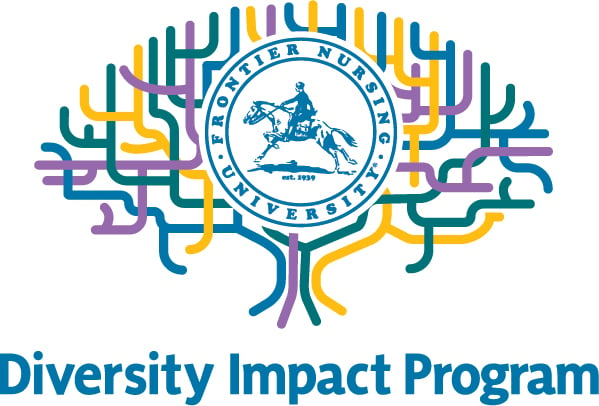 Hyden, Ky -
Hyden, Ky -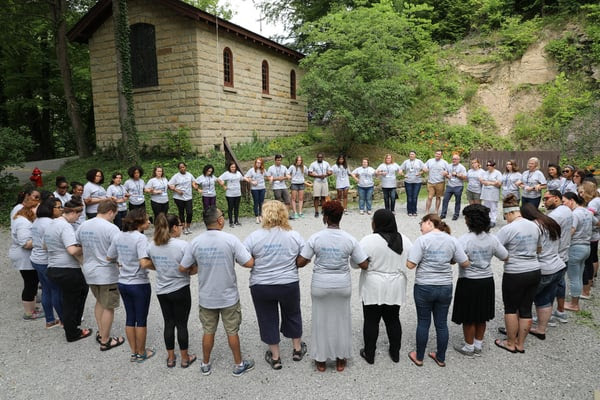
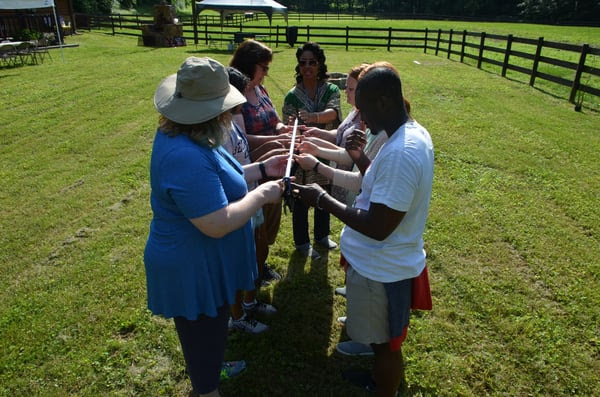

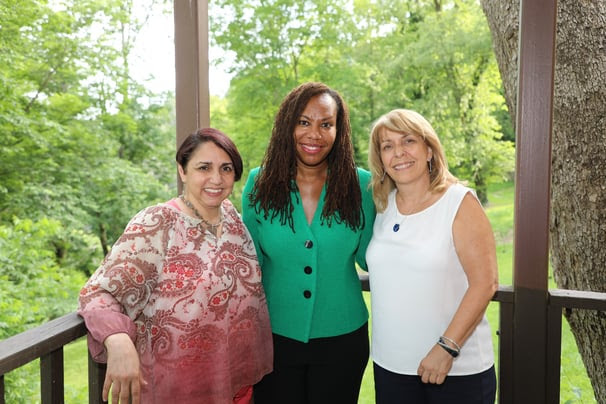

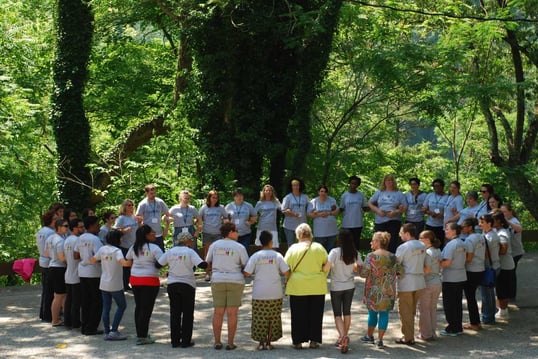
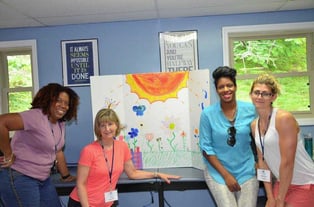
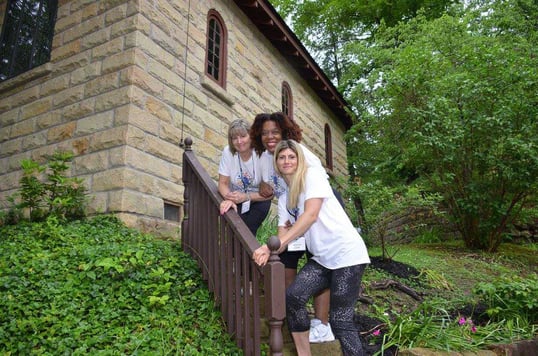 Frontier Nursing University conference discusses healthcare diversity
Frontier Nursing University conference discusses healthcare diversity
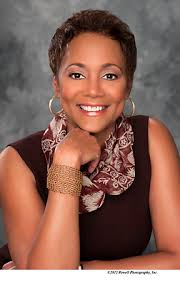 DiversityNursing.com would like to share this article with you. It features an interview with
DiversityNursing.com would like to share this article with you. It features an interview with 
 Recent demographic shifts
Recent demographic shifts